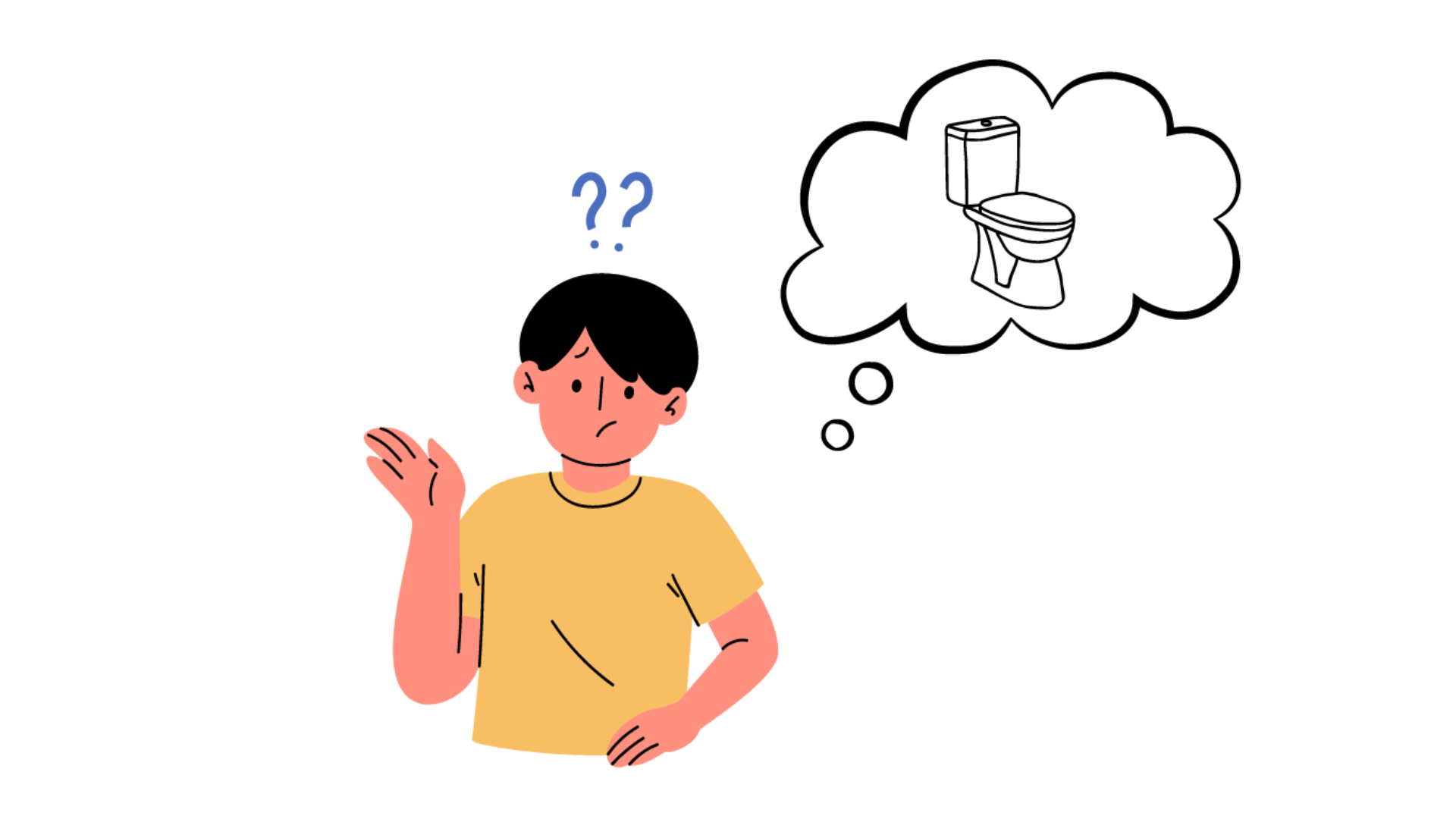お手洗いはどちらですか。
Hiragana :おてあらいはどちらですか。
Romaji : Otearai wa dochira desuka
English translation :Where is the bathroom?
Recently, the opportunities to ask strangers for directions have decreased because we use GPS. But there are still places where it’s difficult to find your way using only GPS, such as inside train stations or department stores. In such situations, I’ll introduce some useful sentence patterns and nouns today. Also, here’s a tip for improving your Japanese: even if you already know the location, if you want to practice speaking Japanese, try asking for directions proactively. If someone looks busy and you feel like you might be bothering them, it’s better to refrain, but if you ask a store clerk who doesn’t seem too busy, they will usually answer kindly. Additionally, by speaking Japanese and being understood by a native speaker, you’ll build confidence, and it will help solidify your vocabulary and sentence patterns in your mind.
Now, let’s take a look at the example sentences. ‘お手洗い(おてあらい/Otearai)’ is a polite way to say ‘restroom.’ ‘どちら(どちら/Dochira)‘ means ‘where,’ and it’s a polite way of asking. This sentence pattern is quite simple. You just place the location (noun) you’re looking for in front of ‘はどちらですか。(wa dochira desuka)’ Easy, right?
Place はどちらですか。
Romaji : Place wa dochira desuka
English : Where is Place?
Huh? Isn’t ‘Where’ in Japanese ‘どこ(Doko)‘? You might be thinking that, and you’re absolutely right! ‘どこ(Doko)’ means ‘where’ in Japanese. ‘どちら(Dochira)’ is simply a more polite way of saying it. You can use ‘どこですか(Dokodesuka)’ instead of ‘どちらですか(DOchiradesuka),’ and it will still be polite, but ‘どちら(Dochira)’ is more formal and respectful. By the way, in the example, ‘お手洗い(Otearai)’ is also a polite word, so ‘どちら(Dochira)’ fits better than ‘どこ(Doko)’ in this context. On the other hand, ‘トイレはどこですか(Toire wa doko desuka)’ sounds more natural. Some learners sometimes ask, ‘Isn’t ‘トイレ(Toire)’ a dirty word?’ But in Japanese, using the word ‘トイレ(Toire/restroom)’ is perfectly fine. There is a word ‘便所(Benjo/restroom),’ but it has a less clean image, so it’s better not to use it when speaking to store clerks or others. But people who prefer rough or masculine speech sometimes use ‘便所(Benjo)’ when talking with friends.
Place はどこですか。
Romaji : Place wa doko desuka
English : Where is Place?
You’ve just learned how to ask ‘where’ in Japanese, right? Now, let’s learn how to ask which floor something is on!
Place は何階ですか。
Hiragana : Place はなんがいですか。
Romaji : Place wa nangai desuka
English : What floor is ‘Place’ on?
‘何階(Nangai)’ means ‘what floor.’ Many Japanese people say ‘nankai,’ but the correct pronunciation is ‘nangai.’ Even some Japanese people don’t know this, so don’t worry if you mistakenly say ‘nankai,’ most people won’t mind.
Now, let’s check a list of nouns that can be used with the sentence patterns we just studied.
| 入り口(いりぐち/iriguchi) | Entrance |
| 出口(でぐち/deguchi) | Exit |
| 試着室(しちゃくしつ/shichakushitsu) | Fitting Room |
| バス乗り場(ばすのりば/basu noriba) | Bus Stop |
| 駅(えき/eki) | Station |
| ごみ箱(ごみばこ/gomibako) | Trash Can |
| レジ(れじ/reji) | Cash Register |
| 受付(うけつけ/uketsuke) | Reception Desk |
| インフォメーションセンター(いんふぉめーしょんせんたー/infomēshon sentā) | Information Center |
| エレベーター(えれべーたー/erebētā) | Elevator |
| エスカレーター(えすかれーたー/esukarētā) | Escalator |
| サービスカウンター(さーびすかうんたー/sābisu kauntā) | Service Counter |
| 駐車場(ちゅうしゃじょう/chuushajou) | Parking Lot/Car park |
| 駐輪場(ちゅうりんじょう/chuurinjou) | Bicycle Parking Lot |
You’ve learned a lot from this blog! So, what’s next? That’s right! Now all that’s left is to try using it! みんな一緒に頑張ろう!(みんないっしょにがんばろう!/Minnna isshoni ganbarou!)

